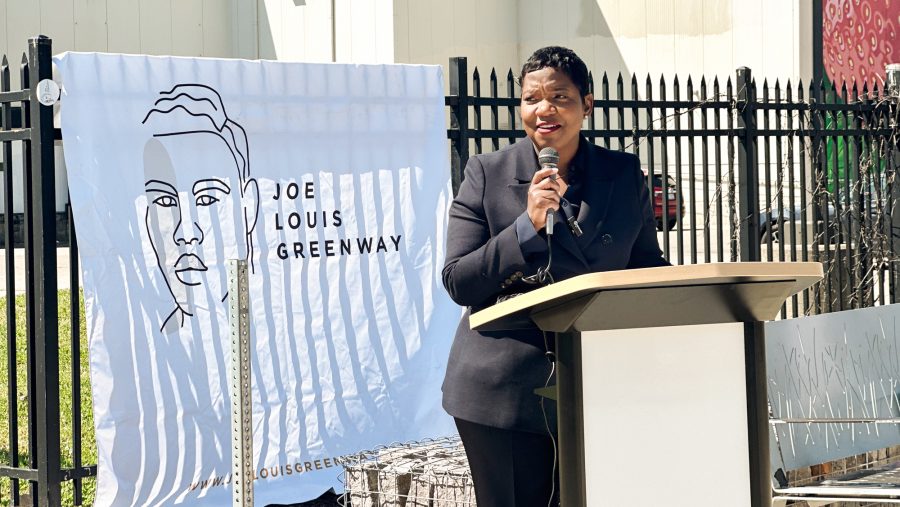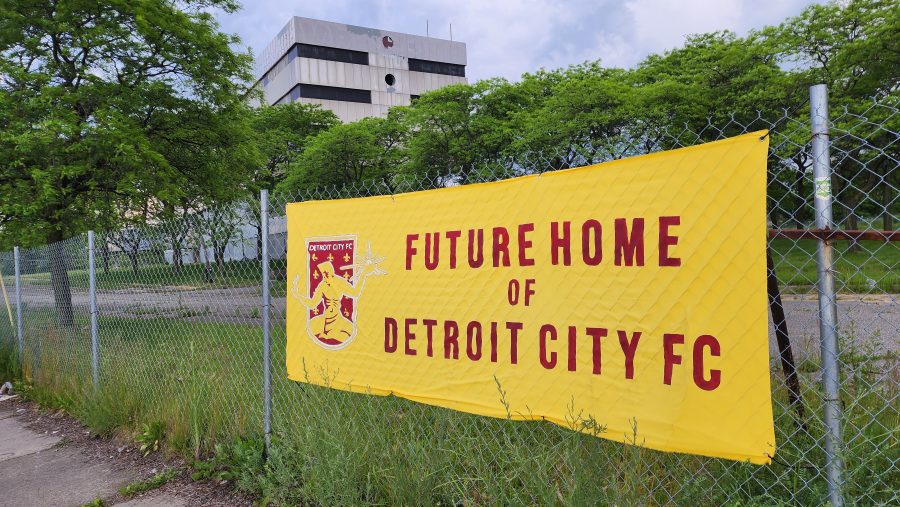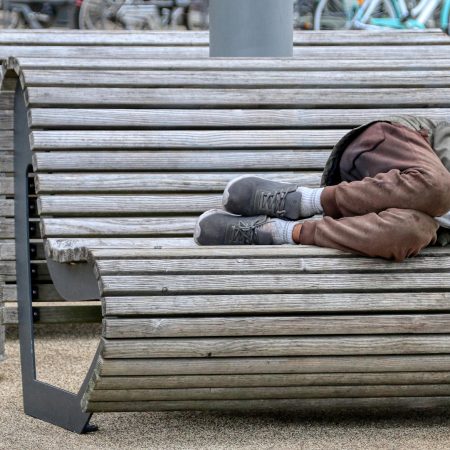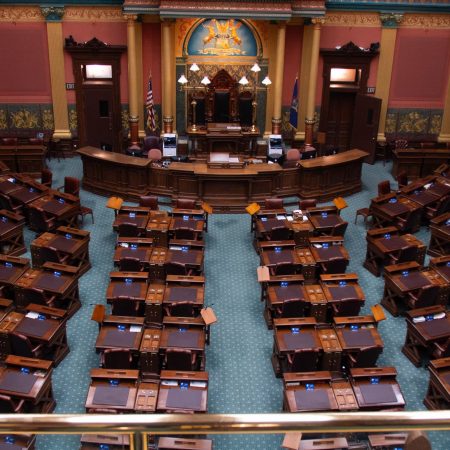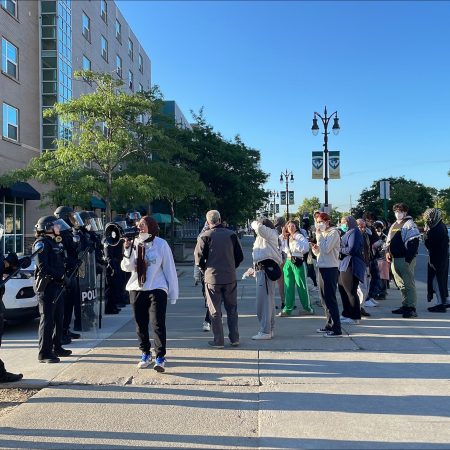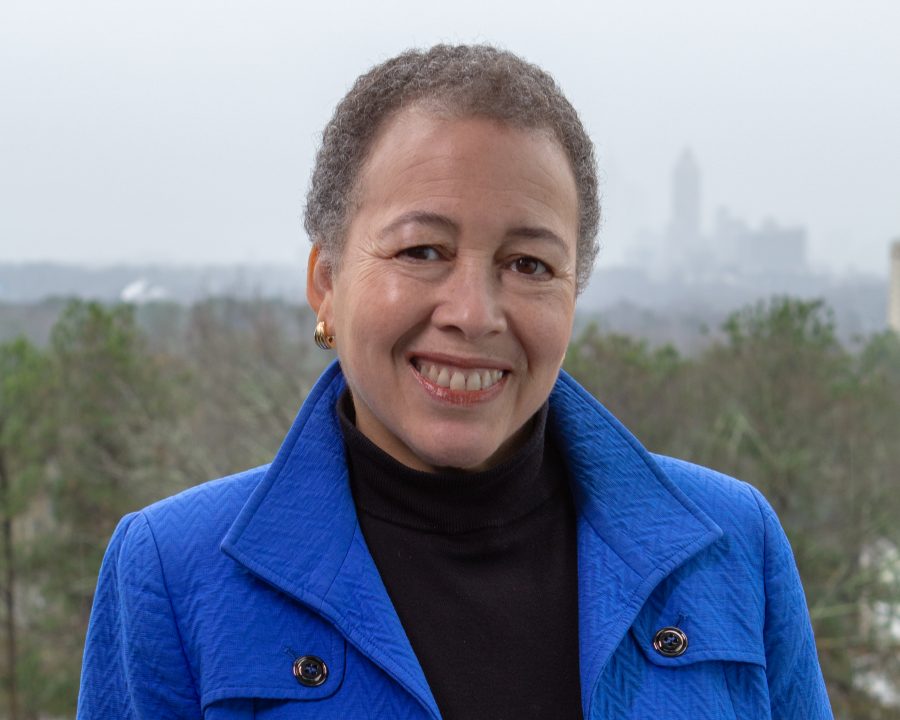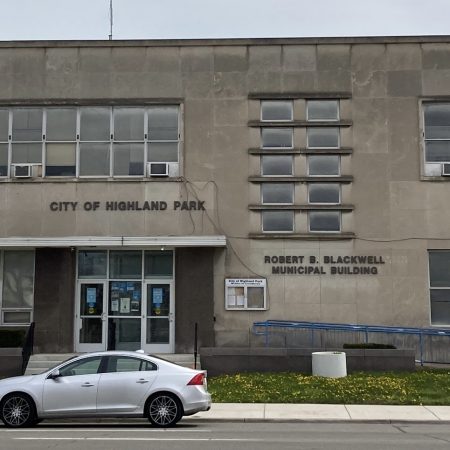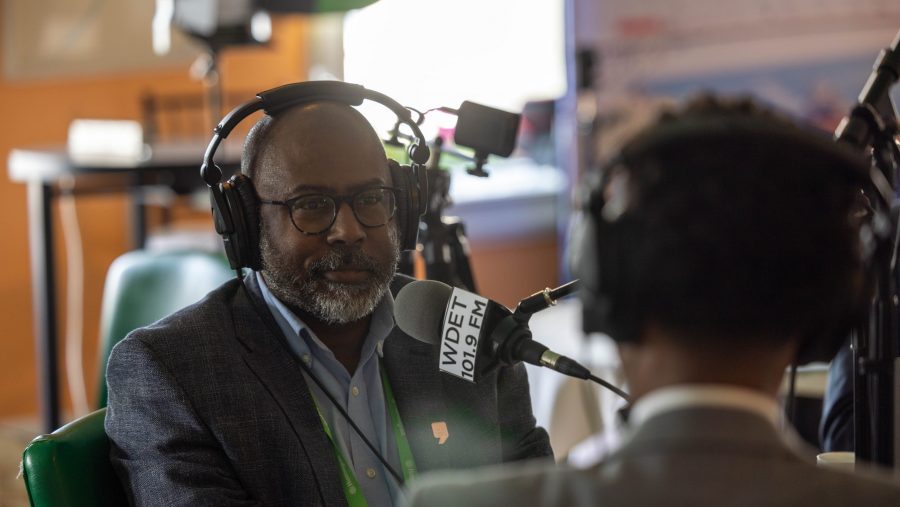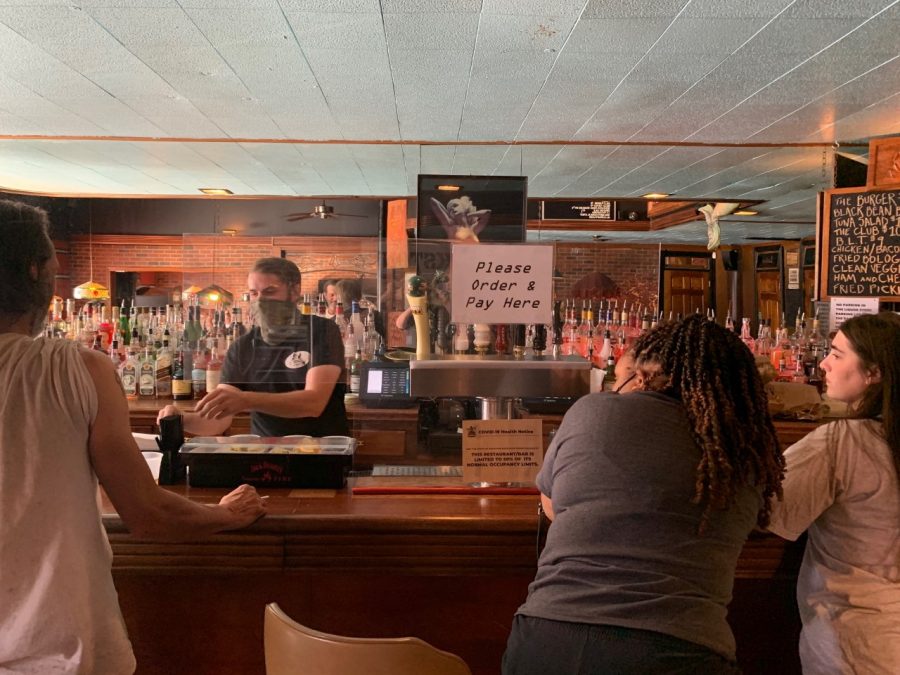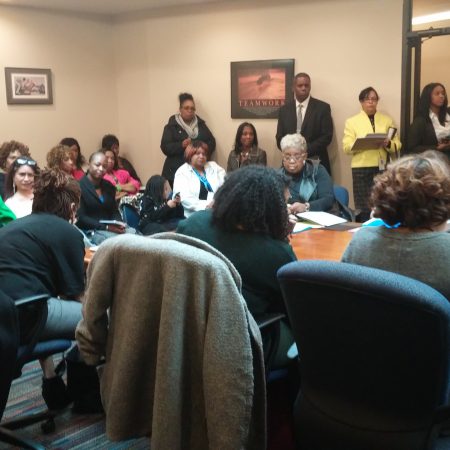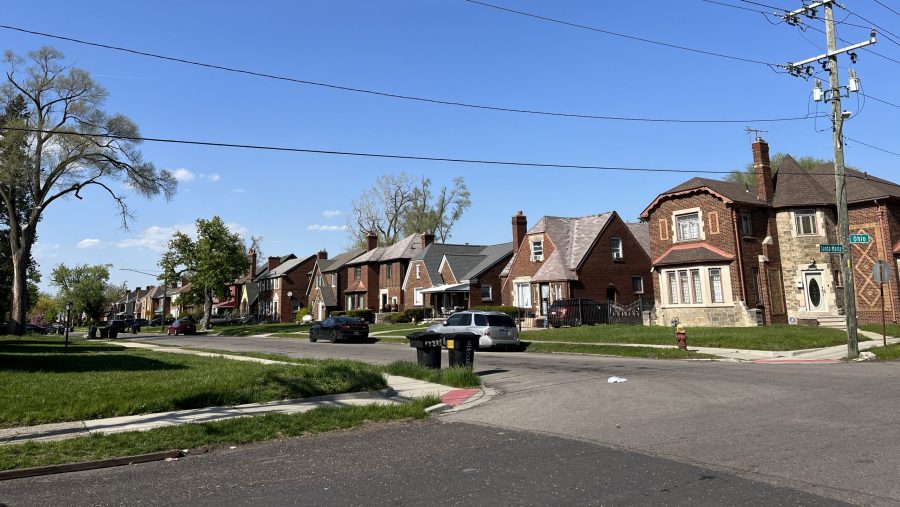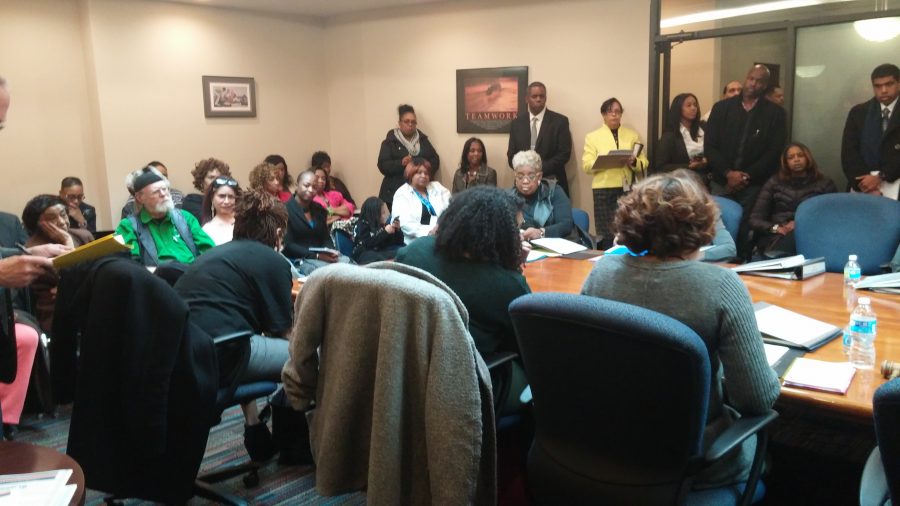Michigan’s state government could shut down in about a month unless lawmakers reach a deal on a new budget.
The negotiations between House Republicans and Democratic senators and Governor Gretchen Whitmer have reportedly been tense.
Senate Democrats approved a budget proposal in May.
House GOP members recently passed their budget plan.
House Speaker Matt Hall says one of the major priorities for Michigan is finding a new source of revenue for road infrastructure.
The following interview has been edited for clarity and length
Matt Hall, Speaker of the House: We’re going to have a major cliff in our road funding coming very soon as the governor’s borrowing runs out. She’s borrowed billions of dollars and kind of kicked the can down the road on road funding. A lot of the federal money is running out. A lot of that was from the COVID-19 pandemic, the big infrastructure money.
We got a letter from the Whitmer administration, the transportation department and the labor department. What they told us is if we do nothing, 8,000 Michigan workers are going to lose their jobs because there’s not any more road building or bridge building to do.
I looked at this and said, “wow, this is bigger than any economic development project that Whitmer has done.” We said not only could we create jobs and save jobs if we invested in roads, but we hear from all of our constituents that there’s many bridges that need to be fixed and particularly local roads need to be fixed.
We saw Gov. Whitmer win her election campaigning on fixing the roads. So we said, what if instead of growing all these departments of government, if we invested in roads? I looked at some of these departments and they’ve increased a lot since Whitmer became governor. What I realized is they had the money the whole time to fix the roads. Instead they spent it growing state government departments. So we put together a plan to fund the roads, put the $3.4 billion that are needed to fix the roads in permanently.
And according to Whitmer’s administration, that’ll create over 20,000 jobs a year. So we’ll save the 8,000 jobs and we’ll create 20,000 jobs, and the citizens will benefit because they’ll get good bridges and good roads.
Quinn Klinefelter, WDET News: There are some critics that say they’re concerned about some of the cuts you propose in the budget. For instance, those affecting the Michigan State Police and Health and Human Services. I’ve heard some medical officials say they fear your budget makes big cuts in state funding for hospitals and could force some of the smaller rural ones to close. What’s your reaction to those comments?
MH: The hospitals, they lie. These hospitals make record profits year after year after year and they charge a lot of money to people. But the fact is our budget funds rural hospitals $250 million. We appropriated $250 million for rural hospitals.
When you’re changing the status quo, when you’re eliminating waste, fraud, and abuse in government, the special interests complain. That’s why nobody’s done it before. We identified $5 billion of waste, fraud, and abuse in this state budget. We found 4,300 ghost employees in the state government. Those are positions that have been unfilled for years. It amounts to $500 million a year. And they squirrel this away year after year after year. That’s why there’s $6 billion sitting in bank accounts for state government at the end of the year. If they don’t spend the money they get to keep it. They put it in a bank account and that’s why they inflate the size of these budgets.
We said, let’s take half of that $6 billion, pay off the governor’s borrowing, and we can put another $330 million a year into roads. So we’re trying to make better use and get value for tax dollars out of this budget.
The state police have had hundreds of unfilled positions for years and years and years. They’re never gonna fill these positions. And what they do is they keep the money. They create all these positions, the politicians fund it and it just sits in these bank accounts. It’s part of the $6 billion I talked about. So when we’re saying why don’t we give you the money you’re actually gonna spend, that’s not a cut. That’s a better use of tax dollars.
When you’re changing the status quo, when you’re eliminating waste, fraud, and abuse in government, the special interests complain.
What Democrats are saying is let’s keep the 4,300 ghost employees. Let’s keep these departments where they are. There’s no waste, fraud, and abuse in government. We’re gonna raise all your taxes next year.
We’ve demonstrated we have the money to do this without raising taxes. We just have to spend it better and that’s what the House budget does.
QK: We’re in the school season now. Some school officials have talked about not knowing how much money they’re gonna have to spend one way or the other. Where does the school budget stand in terms of state funding?
MH: My hope is that we resolve the school budget first. Along with roads, I’d like to see us get a school budget done early in our process.
We passed a school budget months ago. It’s been sitting in the Senate. We tried to come to agreement by the statutory deadline, July 1st. Democrats walked away from that negotiation.
We put up for a vote a legislation that says if the politicians don’t get a budget done on time, then they don’t get paid. The politicians here do not have enough skin in the game and sense of urgency to get these budgets done early. And as a result, they shouldn’t get paid. We put that up for a vote, the Democrats voted no and it failed. Now we’re back having conversations. They resumed when the governor and I and [Senate Majority Leader Democrat] Winnie Brinks met. I hope we can resolve our differences and get an education budget done.
We’re trying to restore funding that the Democrats cut for school safety and mental health. Even for private schools. You saw what happened in Minnesota. We want to fund a school resource officer in every school district and restore the mental health and school safety funding. And then we want to empower our local districts to make the decisions that they need to instead of Lansing politicians telling them how to spend their money.
QK: In terms of the Michigan Senate, an issue that interests a number of people in the metro Detroit region is that the senate recently passed a plan to raise tipping fees for waste disposal. They were trying to limit some toxic material from coming into disposal sites. What’s your view of raising those tipping fees?
MH: The Democrats tried to move legislation last year to raise taxes on everyone’s trash. If you raise taxes on the trash companies and their costs go up, they’re passing those taxes onto the customers, right? The Democrats didn’t even have the votes to get this done when they controlled the House, Senate, and the governor’s office. So now that the Republicans are in control of the House, I don’t expect that you’ll see us move it. It’s a lot to ask for a $200 or $300 tax increase on a service that people need to have.
QK: At the moment it seems the House and Senate budget proposals are still billions of dollars apart. There has to be a state budget finalized in about a month or risk a government shutdown. In your view, how realistic is it that Michigan could be getting close to a government shutdown?
MH: Right now, the Senate Democrats are not moving forward in a manner of really looking at the budget and eliminating waste, fraud, and abuse. What they want to do is just add 4% on what we did last year and call it good.
At the end of the day, there’s a lot of alignment between Gov. Whitmer and the House Republicans. We want to fix the roads, we want to invest in schools and we support public safety. So my hope is that she gets the legislative Democrats in line, they empower her as their leader, and she negotiates a deal with us.
Once they do that, we’ll be done in about two weeks. Right now, what you see is a lot of these legislative Democrats are kind of following the model of this New York City mayor candidate, [Zohran] Mamdani. They are buying into rhetoric like that from [Michigan U.S.] Senate candidate Abdul El-Sayed when he says we should take the Republicans and bring them down into the mud and choke ’em out.
You see Gov. Whitmer embracing President Trump and trying to lead the Democrat party in a more cooperative and bipartisan direction. I hope the Democrats in the Senate empower Gov. Whitmer and support her because then we’ll get a deal done very fast. But if they go the route of this Mamdani, the direction that they are heading, then I think it’s going to be a real challenge to get a budget done.


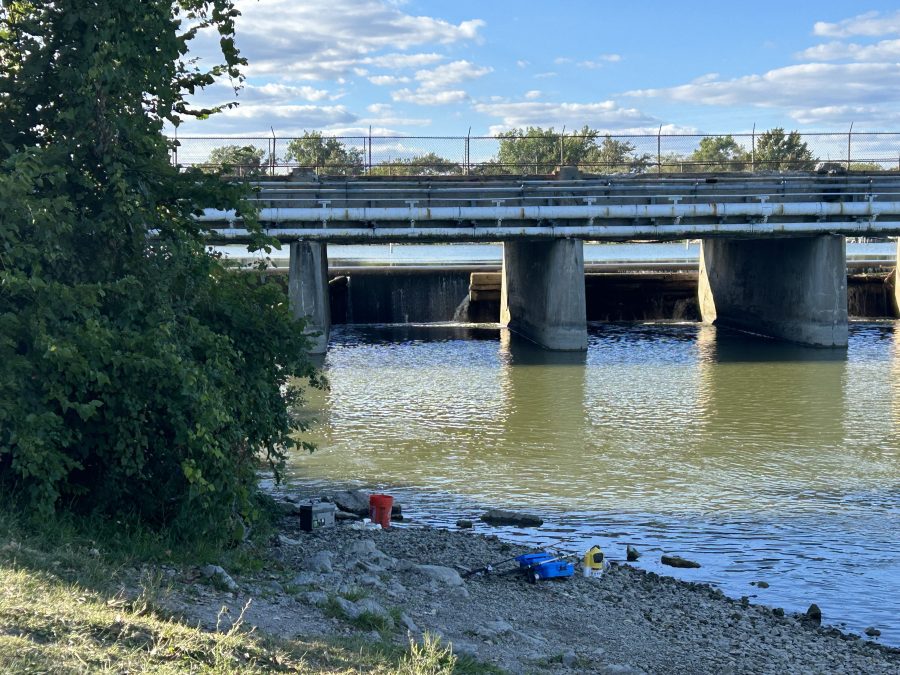
![] (6)](https://wdet.org/wp-content/uploads/2025/09/6-900x534.png)
